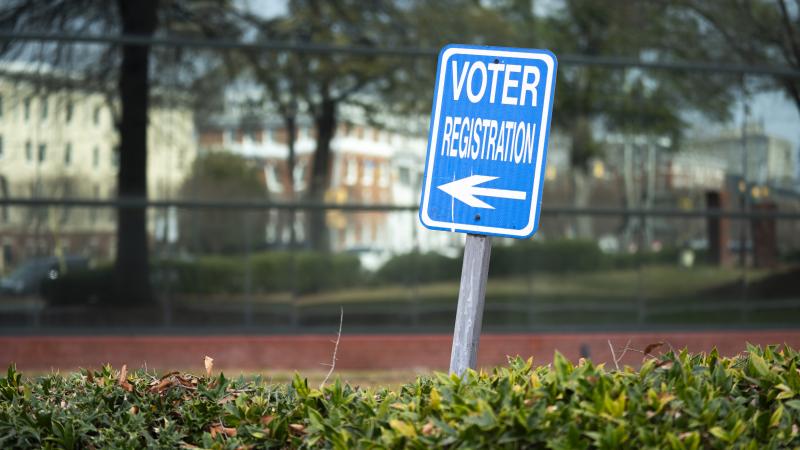Louisiana House passes bill to ban state and local government COVID vaccine mandates
"And then, third, it allows businesses to make the decision on whether or not to implement their own policies for their business," Rep. Thomas Pressly said.
Legislation to ban state and local governments from requiring proof of a COVID-19 vaccination to enter public places and private businesses cleared the House this week.
Lawmakers voted 64-31 to approve House Bill 990, sponsored by Rep. Thomas Pressly, R-Shreveport, to prohibit state and local governments from requiring proof of vaccination as a condition of entry to public spaces and businesses.
"This bill does three things: First, it prohibits public mandates of vaccines for COVID vaccines for entry on to public or private property and to receive goods or services," Pressly said on Wednesday. "It also has in provision B, deals with federal law and avoids preemption issues.
"And then, third, it allows businesses to make the decision on whether or not to implement their own policies for their business," he said.
Rep. Beryl Amedée, R-Gray, offered an amendment to the bill that would have removed the third provision, which reads "nothing in this part shall be interpreted or construed to prohibit or otherwise impede the rights of a private business or other private entity wishing to implement any policy, procedure, or requirement regarding COVID-19 vaccinations."
"Removing Section C does not impact the overall intent of the bill," she said. "The intent of the bill is to prohibit governmental discrimination based on COVID vaccination status. Section C isn’t needed in order to accomplish this goal.
"Keeping Section C is problematic. Section C greenlights, endorses and promotes religious and medical discrimination in the private sector," she argued.
Rep. Raymond Crews, R-Bossier City, spoke in support of eliminating Section C, as well.
"First of all, I don’t think this paragraph is germane to the bill at all," he said. "Secondly, I agree with the precept, but not the implementation nor the result. It restricts individual liberty, and I don’t think that’s necessary."
Amedée’s amendment would also have injected the words "valid and enforceable" in regards to federal laws exempted in Section B of the bill.
Section B states: "The provisions of this part shall not apply to any COVID-19 vaccination mandate that is required in accordance with federal law or regulation."
Amedee argued the federal government delegated enforcement of the vaccine mandates to private businesses, "and the mandates are now being overturned."
Pressly objected to both of Amedee’s proposed amendments.
"I think it’s important to … make it very clear that businesses make the decision on what they want to do for their business," he said. "Businesses are owned by individuals, and I think it’s important that we keep that language."
Pressly argued the words "valid and enforceable" are unnecessary, citing the U.S. Supreme Court precedent in Marbury v. Madison.
"It deals with what the courts have the right to decide," he said. "And what they say is the court makes that decision. If it’s not a valid federal law, then it isn’t valid and enforceable, so that’s just not necessary language."
Amedée’s amendment ultimately failed by a vote of 21-71.
HB 990 now heads to the Senate for consideration.













